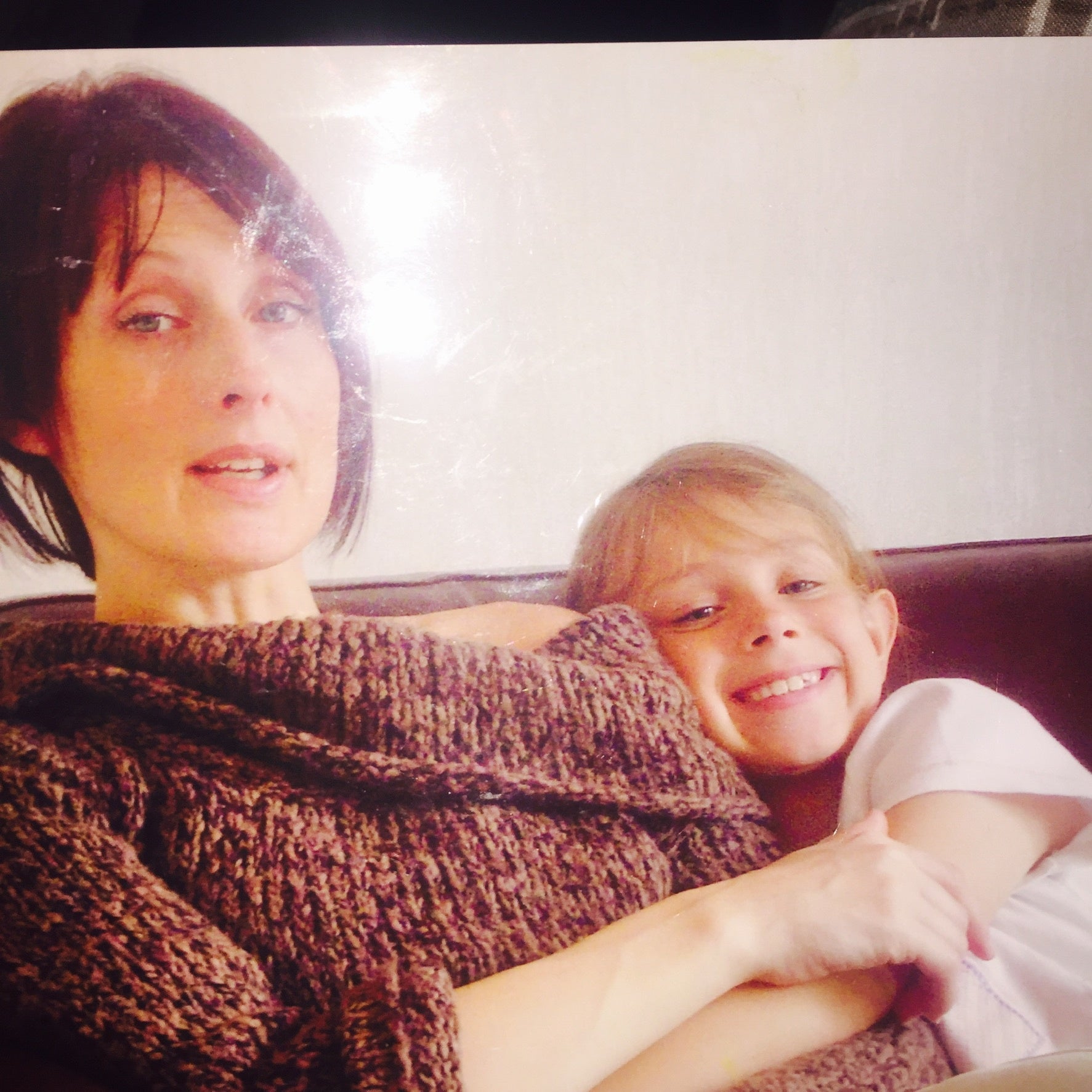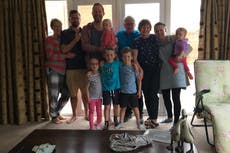‘I forgot my own daughter due to 20-year-old brain tumour that grew to the size of a lemon’
Sorrall Dovey, 52, had the tumour removed six years ago and there are no signs it has returned
The family of a retired nurse who was diagnosed with a lemon-sized brain tumour has been speaking of her “devastating” ordeal after it caused her to forget her own daughter.
Sorrall Dovey, 52, was diagnosed with the mass after she complained of migraines and numbness.
The eight-centimetre tumour, which doctors suspected had been growing for 20 years, triggered memory problems and Sorrall started to mistake her daughter, Morgan, 24, for sister Frances.
Morgan, a researcher from Sheffield, South Yorkshire, said: “Mum had terrible migraines that would leave her bedridden for days.
“She also experienced numbness in her right eye and hand and pain in her neck.
“The symptoms progressed to memory problems.
“She began calling me ‘Frances’ - the name of her sister.
“She would also mix up words for common objects and forget other words entirely.”
The symptoms made Sorrall’s job incredibly difficult as she would often experience “an awful numbing headache” where she “couldn’t move, see or breathe” - forcing her to retire.
Sorrall said: “There is a lot more research needed – especially surrounding what causes brain tumours.
“When people have head problems they should be scanned sooner, so they don’t have such a big operation initially as I did.”

Sorrall had surgery to remove as much of the tumour as possible but it returned four years later in December 2016.
She had another operation to remove the tumour in 2017 and has defied the odds to surpass the four-year prognosis she was given.
Morgan said: “It was a devastating blow.
“We knew there was a high possibility of it returning, but we didn’t think it would happen so quickly.
“Mum bravely had treatment in 2017, and there have been no signs of growth since.
“She has now surpassed the four-year prognosis we were given post-treatment and defied all odds - she’s an inspiration to me.”
Sorrall’s cancer was originally diagnosed in 2012 after doctors spotted a lemon-sized tumour behind her left eye.
After having it removed, the tumour returned four years later in 2016 and she was given a four-year prognosis.

Despite recovering well, Sorrall has persistent memory problems and often cannot remember the words for everyday objects.
Morgan said: “Her brain tumour diagnosis has had a huge impact on her confidence.
“She struggles to use technology like mobile phones, and this can cause her a great deal of stress and panic, but my brother and I are usually on hand to help her with this type of problem.”
In September, Morgan ran the Sheffield 10k to help raise money for The Brain Tumour Charity.
Morgan said: “Research into brain tumours is incredibly important as there are still huge gaps in our knowledge when it comes to understanding how these tumours develop and the best ways to tackle them in a way that causes the least amount of damage to health brain tissue.
“I know that raising money for the Brain Tumour Charity will fund vital research – research that my friends are doing.”
Join our commenting forum
Join thought-provoking conversations, follow other Independent readers and see their replies
Comments


Bookmark popover
Removed from bookmarks